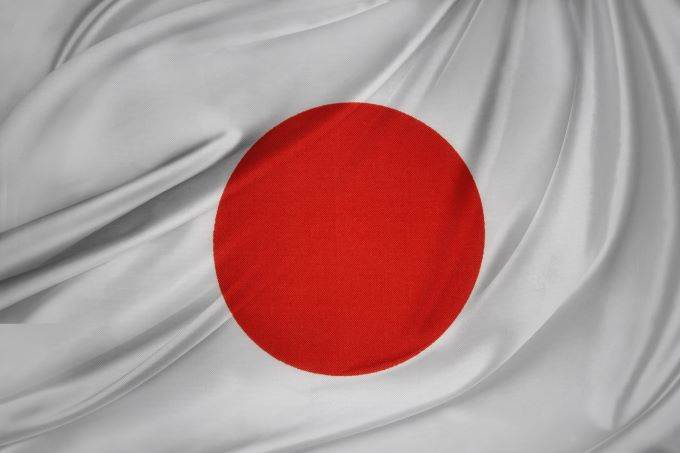 The Bank of Japan Governor Naruhiko Kuroda stated on Wednesday that the coronavirus epidemic could cause big damage to the Japanese economy, adding that the central bank should be ready to take appropriate action to counteract the effects of the outbreak.
The Bank of Japan Governor Naruhiko Kuroda stated on Wednesday that the coronavirus epidemic could cause big damage to the Japanese economy, adding that the central bank should be ready to take appropriate action to counteract the effects of the outbreak.
“If the epidemic is prolonged, it could also affect production,” he explained, “We need to be mindful that the impact from the outbreak could be big,” he continued.
Kuroda said that the bank is going to monitor the economic and market developments and take the appropriate course of action if needed.
“We will carefully watch economic and market developments, and take appropriate action as needed,” he added.
His comments echo those of the Japanese Prime Minister Shinzo Abe, who recently told the Japanese parliament that the government is ready to implement economic and fiscal policies if needed.
The Japanese economy is currently suffering because of the coronavirus outbreak. A recent released survey by a Japanese Think Tank claimed that 60% of Japanese firms stated that they expect their earnings to be hit by the epidemic.
“A separate index measuring companies’ sentiment on the economy hit a seven-year low in February," stated the think tank on its report, "The impact of the virus is spreading to various industries. The economy will likely continue to retreat moderately due to many risks including the epidemic," it added.
By 10:44 GMT the US dollar advanced 0.36 percent against the Japanese Yen, hitting the 107.51 level. Conversely, the Euro gained 0.19 percent against the Yen, at 119.89.
Fed’s Mester: Coronavirus Uncertainty Could Cause a Demand Shock
The Cleveland Federal Reserve President Loretta Mester said that a supply shock related to the coronavirus epidemic could have a negative effect on the domestic demand level, however, it's currently hard to determine its impact.
“There’s still a lot of uncertainty about the course of the virus and what impact it’ll have,” she said during an interview with the CNBC.
Talking about the recent (and surprising) decision to cut the interest rates, Mester said that the move was a response to the gloomy economic outlook.
“This (rate cut) was really in response to the economy and the outlook and the risks around the outlook," she explained, “Certainly lowering interest rates are not going to get people to start traveling again, their social interactions are not going to be changed by a lower interest rate,” she added.
By 10:59 GMT the US dollar went down against the Canadian Dollar by 0.22 percent, at 1.3356, and lost 0.06 percent against the Swiss Franc, at 0.9554. On the other hand, it advanced against the Japanese Yen by 0.36 percent, at 107.51.
